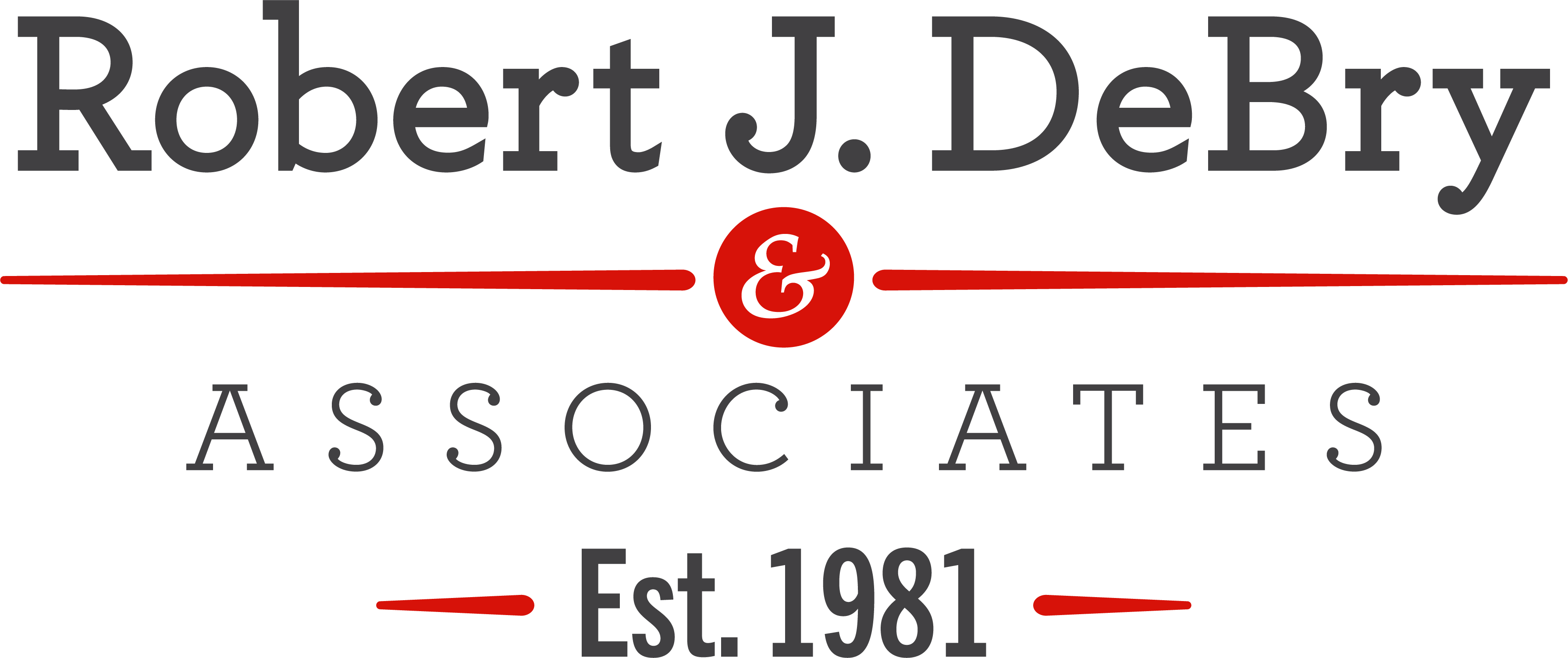Losing a loved one is an incredibly painful experience, made even more traumatic when the death is caused by someone else’s negligence or misconduct. In such devastating times, families might be entitled to seek justice and financial compensation through a wrongful death claim. At Robert DeBry & Associates, our dedicated wrongful death lawyers are committed to guiding you through this complex legal process with compassion and expertise.
What is a Wrongful Death Claim?
A wrongful death claim arises when an individual dies due to the legal fault of another person or entity. This can include fatal accidents, medical malpractice, workplace accidents, or criminal actions. The primary goal of a wrongful death lawsuit is to provide the deceased’s family with compensation for their financial and emotional losses.
Who Can File a Wrongful Death Claim?
In Utah, the following parties are typically eligible to file a wrongful death claim:
- The surviving spouse
- Children of the deceased
- Parents of the deceased (if there are no surviving spouse or children)
- Personal representative of the deceased’s estate
It’s essential to consult with a knowledgeable wrongful death attorney to determine eligibility and to ensure the claim is filed within the appropriate statute of limitations.
Common Causes of Wrongful Death
Understanding the common causes of wrongful death can help families identify if they have a valid claim. Some frequent causes include:
- Automobile Accidents: Negligent drivers, defective vehicle parts, or hazardous road conditions can lead to fatal crashes.
- Medical Malpractice: Healthcare providers’ errors, such as misdiagnosis, surgical mistakes, or medication errors, can result in death.
- Workplace Accidents: Unsafe working conditions, inadequate training, or faulty equipment can cause fatal injuries.
- Product Liability: Defective products, ranging from machinery to pharmaceuticals, can lead to fatal accidents.
- Criminal Acts: Homicide or other violent acts resulting in death can also be grounds for a wrongful death claim.
Proving a Wrongful Death Claim
To successfully prove a wrongful death claim, the plaintiff must establish the following elements:
- Duty of Care: The defendant owed a duty of care to the deceased.
- Breach of Duty: The defendant breached this duty through negligent or intentional actions.
- Causation: The breach of duty directly caused the death of the individual.
- Damages: The death resulted in quantifiable damages, such as medical expenses, funeral costs, lost income, and loss of companionship.
Types of Compensation
Compensation in a wrongful death claim can cover various economic and non-economic damages, including:
- Medical expenses incurred before death
- Funeral and burial costs
- Loss of the deceased’s expected income
- Loss of benefits, such as health insurance or retirement benefits
- Pain and suffering endured by the deceased before death
- Loss of companionship and guidance
- Emotional distress experienced by surviving family members
Why Choose Robert DeBry & Associates?
At Robert DeBry & Associates, our experienced wrongful death attorneys understand the profound impact a wrongful death can have on a family. We are committed to providing compassionate legal support while aggressively pursuing justice and maximum compensation on your behalf. Our firm offers:
- Expert Legal Representation: With decades of experience in wrongful death cases, our attorneys have the knowledge and skills to handle complex claims.
- Personalized Attention: We treat each case with the utmost care, providing personalized legal strategies tailored to your unique circumstances.
- No Fees Unless We Win: We work on a contingency fee basis, meaning you pay nothing unless we secure a favorable settlement or verdict for you.
Contact Us Today
If you have lost a loved one due to someone else’s negligence or wrongful actions, you don’t have to navigate this difficult time alone. Contact Robert DeBry & Associates for a free consultation with one of our compassionate wrongful death lawyers. Let us help you seek justice and the compensation you deserve.



